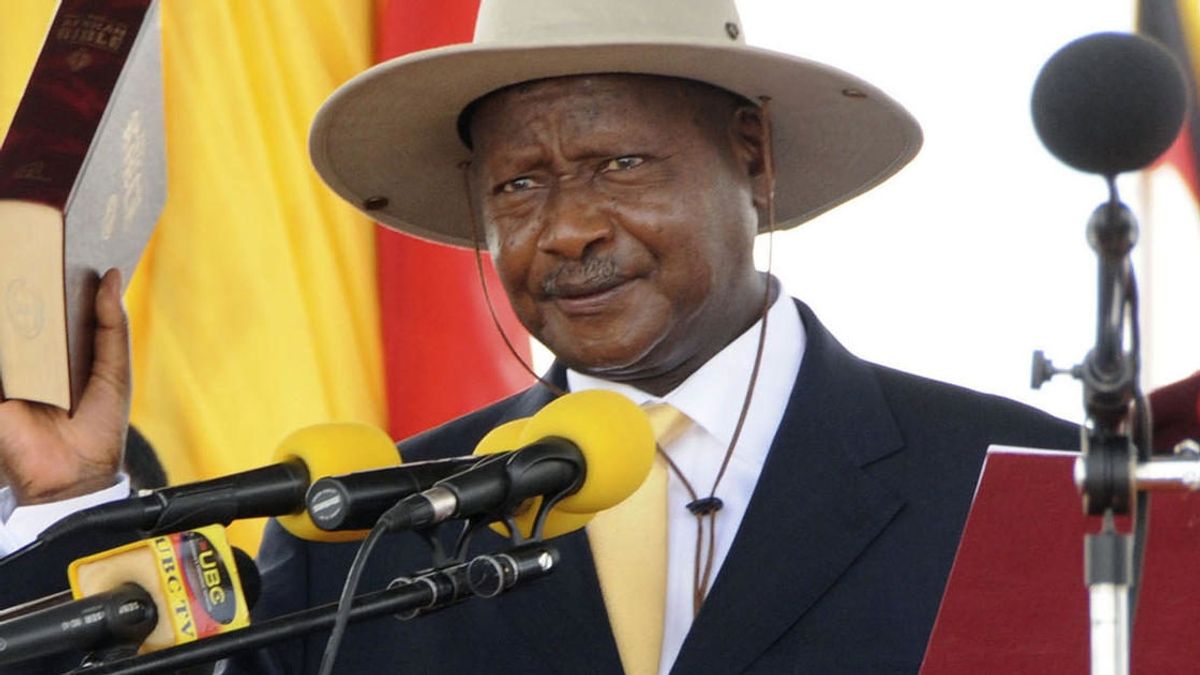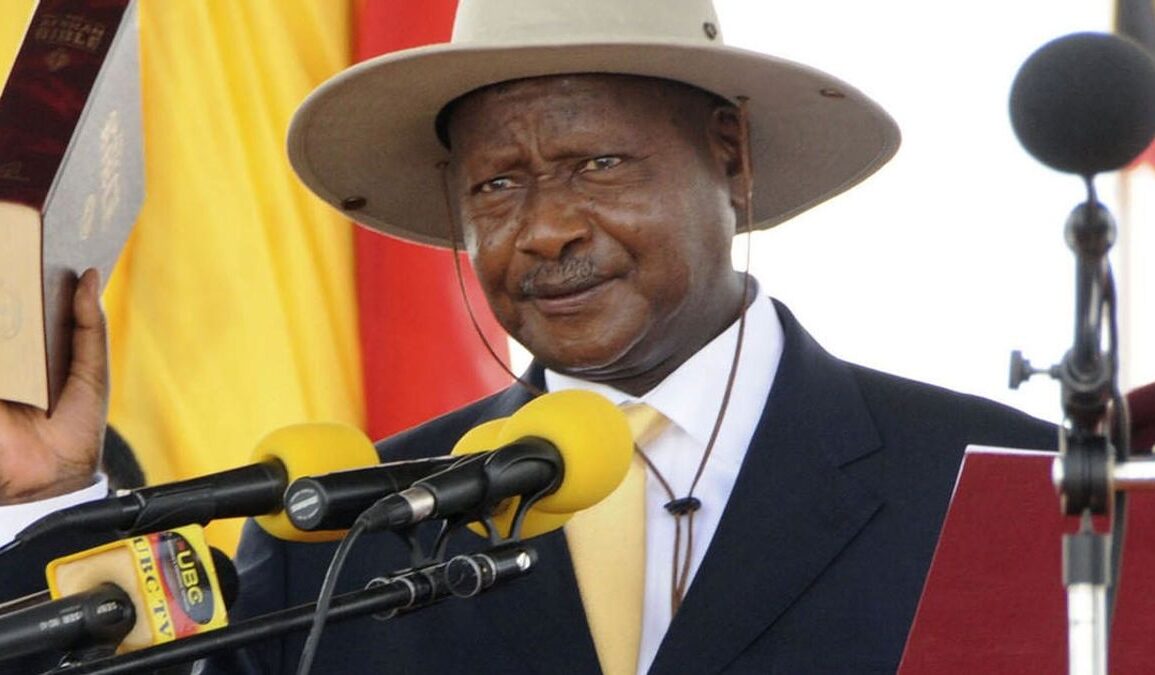
Once hailed as a beacon of hope for justice against some of Africa’s most notorious war criminals, the International Criminal Court (ICC) now finds itself at the receiving end of criticism from one of its initial backers, President Yoweri Museveni of Uganda. The story of Museveni’s relationship with the ICC is not just a narrative of changing political winds; it’s a reflection of the complex interplay between international justice and national sovereignty, set against the backdrop of Africa’s tumultuous political landscape.
The Early Days: Museveni’s Support for the ICC
In the early 2000s, Museveni’s Uganda was beleaguered by the brutality of the Lord’s Resistance Army (LRA) and its leader, Joseph Kony, whose campaign of terror left thousands dead and displaced. Museveni’s decision to refer the LRA to the ICC in 2004 was seen as a bold move, signaling his commitment to ending impunity for war crimes. The court’s indictment of Sudanese President Omar al-Bashir, another of Museveni’s adversaries, further cemented the ICC’s role as a crucial ally in Museveni’s quest for stability and justice in the region.
The Turning Point: Growing Criticism and African Sovereignty
However, the ICC’s honeymoon period with African leaders, Museveni included, was short-lived. The court’s indictment of Kenyan President Uhuru Kenyatta marked a significant turning point. Museveni’s support began to waver as he publicly condemned the ICC for what he perceived as a bias against African leaders and an infringement on African sovereignty. His rhetoric reached a fever pitch in 2016 when, during his inauguration, Museveni lambasted the ICC as ‘useless’, prompting a walkout by Western diplomats. This incident underscored the growing rift between the ICC and some of its former African allies, bringing to the fore questions about the court’s effectiveness and its role in the global justice system.
The Broader Context: Accountability Versus Sovereignty
Museveni’s transformation from an ICC supporter to a critic is emblematic of a broader debate among African leaders regarding the court’s relevance and fairness. While the ICC was envisioned as a means to end impunity for the gravest crimes, its focus on Africa has led to accusations of bias and neocolonialism. Museveni’s criticisms, in particular, highlight a desire for a stronger African mechanism to address human rights abuses and war crimes, without external interference. Yet, the question remains: Can such a mechanism effectively hold leaders accountable, or will it serve as a shield for those in power? Museveni’s evolving stance on the ICC offers a poignant case study in the tensions between international justice and national sovereignty.
Despite the criticisms, the need for accountability for human rights abuses and war crimes remains a pressing concern. Museveni’s own meeting with ICC Chief Prosecutor Karim A. A. Khan, as reported by Mega FM Uganda, suggests a complex relationship between Uganda and the ICC, one that continues to evolve amid changing political dynamics and the quest for justice. As the ICC seeks to navigate these challenges, its future effectiveness and the support of nations like Uganda will be critical in shaping the landscape of international criminal justice.
This post was originally published on this site be sure to check out more of their content.









